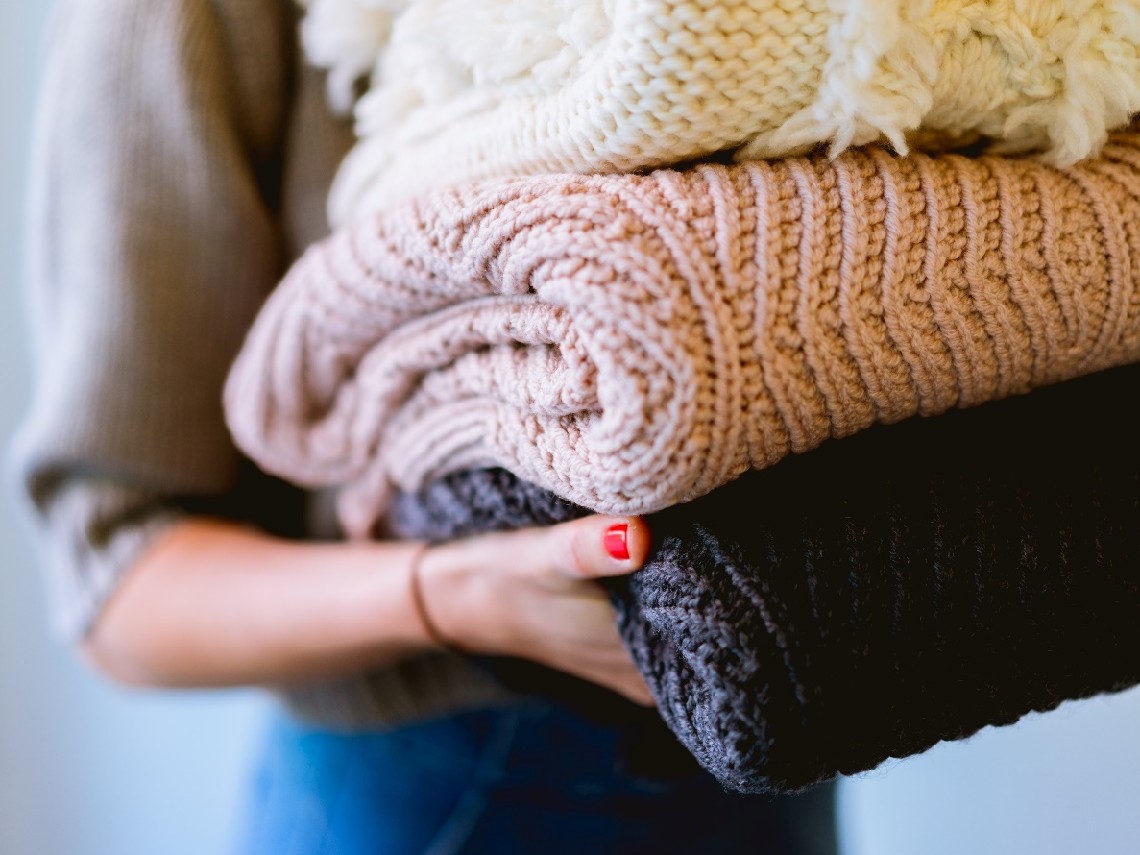
The UK population is not as healthy as it might be, so it was interesting to read this week that we can boost our health by cleaning the kitchen floor……Research published in the BMJ suggests that simply doing housework can contribute significantly to keeping you healthy.
We all know that to keep well, especially as we age, we need to keep moving. But globally – even -pre-pandemic - data indicates that physical activity was well below recommended weekly levels and had budged little in a decade. People in high income countries are more than twice as likely to do little exercise as those in low-income countries.
Doing the housework may not be the same as going to the gym or for a ten-mile walk, but the research shows that compared to those who no longer do their own home keeping chores older adults who perform their own housework have better cognition, attention span, and physical strength, including leg strength, linked to a decreased risk of falls.
The researchers wanted to explore whether doing the household chores might contribute to healthy aging and boost physical and mental capacity among older adults in a wealthy country.
They studied 489 randomly selected adults, aged between 21 and 90, with fewer than five underlying conditions and no cognitive issues. All were living independently in one large residential town in Singapore, and able to carry out routine daily tasks.
Participants were divided into two age groups: 21-64 year olds (249; average age 44),classified as ‘younger’; and 65-90 year olds (240; average age 75),classified as ‘older.’
Each group was questioned about the intensity and frequency of household chores they regularly did, as well as how many other types of physical activity they engaged in.
Light housework included: washing up, dusting, making the bed, hanging out the washing, ironing, tidying up, and cooking. Heavy housework was defined as window cleaning, changing the bed, vacuuming, washing the floor, and activities such as painting/decorating.
Only around a third (36%; 90) of those in the younger group and only around half (48%;116) of those in the older age group, met the recommended physical activity quota from recreational physical activity alone, but nearly two thirds (61%,152 younger; and 66%,159 older) met this target exclusively through housework.
After adjusting for other types of regular physical activity, the results showed that housework was associated with sharper mental abilities and better physical capacity. But only among the older age group.
Cognitive scores were 8% and 5% higher, respectively, in those doing high volumes of light or heavy housework compared with those in the low volume groups.
Heavy housework was associated with a 14% higher attention score while light housework was associated with 12% and 8% higher short and delayed memory scores, respectively.
Those in the younger age group had five more years of education on average than their older counterparts. And since education level is positively associated with baseline mental agility and slower cognitive decline, this might explain the observed differences in the impact of housework between the two age groups, explain the researchers.
This is an observational study, and as such, can’t establish cause, they caution, adding that the study relied on subjective reporting of physical activity levels and the volume and intensity of household tasks.
But they point to previous research indicating a link between aerobic exercise and improved cognitive function, so the sharper mental agility associated with housework might occur through similar mechanism.
The researchers say: “These results collectively suggest that the higher cognitive, physical and sensorimotor functions related to heavy housework activities might plausibly be associated with lower physiological fall risk among community-dwelling older adults.”
To read more: “Cross-sectional associations of housework with cognitive, physical and sensorimotor functions in younger and older community-dwelling adults: the Yishun Study” by Shuen Yee Lee et al. BMJ Open
If you’re an employer with HR queries and problems, get in touch!
Sign up for our free resources and free weekly tip - subscribe here.
DISCLAIMER
Although every effort has been made to ensure the accuracy of the information contained in this blog, nothing herein should be construed as giving advice and no responsibility will be taken for inaccuracies or errors.
Copyright © 2021 all rights reserved. You may copy or distribute this blog as long as this copyright notice and full information about contacting the author are attached. The author is Kate Russell of Russell HR Consulting Ltd.
Latest blog posts
- Is There a Santa Clause?
06 / 12 / 2023
- Lend Us a Hand!
22 / 11 / 2023
- What Happens When There is a Clash in Protected Characteristics?
17 / 10 / 2023
- Encouraging a Healthy Workforce 2
21 / 09 / 2023
- Encouraging a Healthy Workforce
23 / 08 / 2023
- What a Disaster - (But We Have a Cunning Plan!)
20 / 07 / 2023
- It’s Time We Stiffened the Sinews
14 / 06 / 2023
- Why Is It So Important to Develop Emotional Resilience?
16 / 05 / 2023
- When is a discretionary bonus not discretionary?
20 / 04 / 2023
- Recovering Training Costs 15 / 03 / 2023
